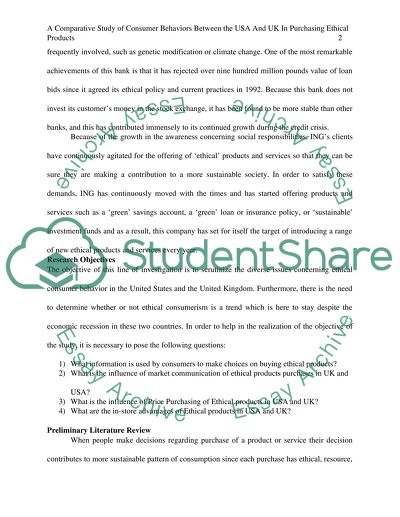Cite this document
(“Consumer behaviors in purchasing ethical products Dissertation”, n.d.)
Consumer behaviors in purchasing ethical products Dissertation. Retrieved from https://studentshare.org/marketing/1483192-consumer-behaviours-purchasing-ethical-products
Consumer behaviors in purchasing ethical products Dissertation. Retrieved from https://studentshare.org/marketing/1483192-consumer-behaviours-purchasing-ethical-products
(Consumer Behaviors in Purchasing Ethical Products Dissertation)
Consumer Behaviors in Purchasing Ethical Products Dissertation. https://studentshare.org/marketing/1483192-consumer-behaviours-purchasing-ethical-products.
Consumer Behaviors in Purchasing Ethical Products Dissertation. https://studentshare.org/marketing/1483192-consumer-behaviours-purchasing-ethical-products.
“Consumer Behaviors in Purchasing Ethical Products Dissertation”, n.d. https://studentshare.org/marketing/1483192-consumer-behaviours-purchasing-ethical-products.


